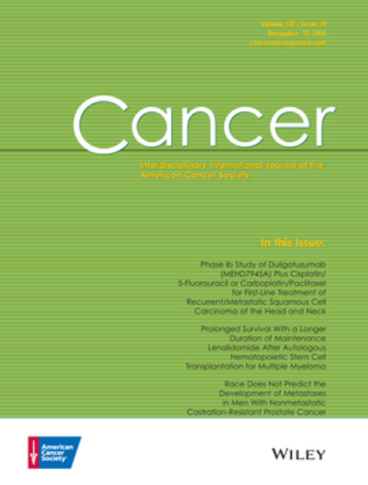Unveiling the impact of chemotherapy in patients with breast cancer: A longitudinal study on peripheral inflammation, multimodal magnetic resonance imaging, and cognition
Abstract
Background
The pathophysiology of chemotherapy-induced cognitive impairment (CICI) remains unclear. Besides direct neurotoxicity, chemotherapy may trigger peripheral proinflammatory responses leading to neuroinflammation and neuronal injury. This longitudinal study investigated changes in peripheral inflammatory and neuronal markers, and multimodal magnetic resonance imaging measures from pre-to post-chemotherapy, and their potential role in CICI.
Methods
This study included 32 women receiving chemotherapy for early breast cancer (C+), 35 patients not exposed to chemotherapy (C–), and 46 healthy women (HC) age- and education-matched. Participants were assessed at diagnosis (T0), 3 months post-chemotherapy (T1), and 1 year post-chemotherapy (T2), or at matched intervals. Differences over time were assessed in cognitive outcomes, peripheral inflammatory and neuronal markers, and multimodal magnetic resonance imaging measures, reflecting white matter (WM) lesions, magnetic resonance spectroscopy metabolites, WM microstructure, and the diffusion tensor imaging along the perivascular space (DTI-ALPS) index. To investigate changes in WM structure, the authors performed a longitudinal fixel-based analysis on multi-shell diffusion-weighted images. Associations between peripheral inflammation and WM microstructure were explored, as well as their relationship to both subjective and objective cognitive outcomes.
Results
This study observed alterations after chemotherapy in subjective and objective cognition, inflammatory profiles, neurofilament light chain, the DTI-ALPS index, and WM microstructure within the left inferior longitudinal fasciculus and in the genu of the prefrontal corpus callosum. Alterations in peripheral inflammatory profiles were associated with worse performance in objective cognition, but not with changes in WM microstructure.
Conclusion
Peripheral inflammatory responses and alterations in WM microstructure are potential key mechanisms underlying CICI.





 求助内容:
求助内容: 应助结果提醒方式:
应助结果提醒方式:


